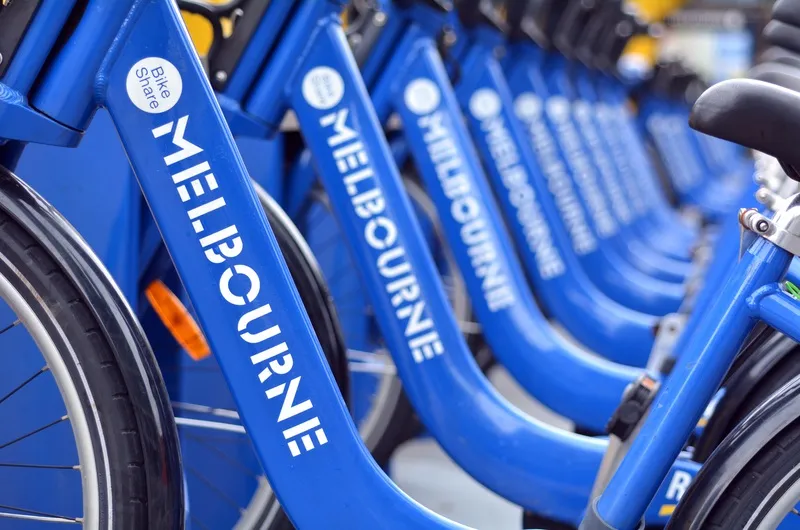Alta Bicycle Share has been chosen to operate a bicycle-sharing scheme in New York City. The company operates similar programmes in Washington, DC, Boston, Massachusetts, and also in Melbourne, Australia. It is expected that the New York scheme, which will roll out next summer, will be the biggest bicycle sharing initiative in the US with the establishment of 600 bike stations and 10,000 bicycles deployed. The scheme, which will cost US$50 million to operate, will not be funded from the public purse. Inste
June 22, 2012
Read time: 1 min
It is expected that the New York scheme, which will roll out next summer, will be the biggest bicycle sharing initiative in the US with the establishment of 600 bike stations and 10,000 bicycles deployed. The scheme, which will cost US$50 million to operate, will not be funded from the public purse. Instead, revenue will come from selling short- or long-term memberships and funding from up to four major sponsors which are currently being sought.









